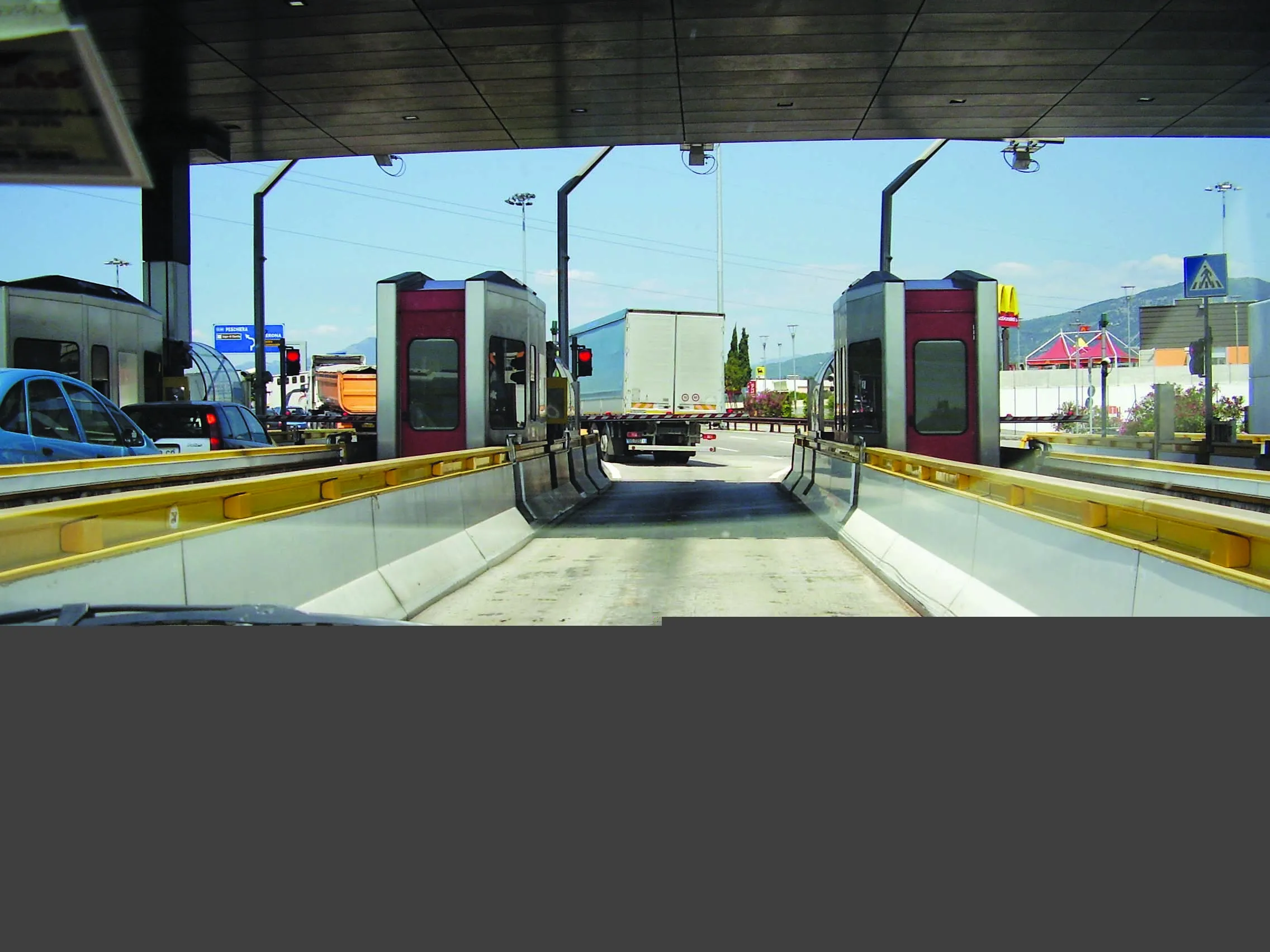
Having high-quality road infrastructure is important to boost country and transport sector competitiveness. Road infrastructure is always in need of funding aimed to build new infrastructures, to maintain, operate, and upgrade them. Public investment cannot, or should not, afford all the costs that the road transport sector involve.
The private sector can provide the alternative financing needed to optimise mobility needs. There are different options of private investment and management of infrastructures. Road user charging, implemented with a network-wide approach and based on the user pays/polluter pays principle while using Electronic Toll Services (ETS), is a more efficient, transparent and fair way to get the needed funding. It also allows for a high-quality and safe road network for users.
Countries and concessionaires have taken different paths towards the introduction of tolling systems, often guided by a combination of market, technology and regulatory considerations. Present systems are characterised by a patchwork of technological solutions, and by different levels of vertical integration between the owner of the infrastructure and the toll collecting entity. In some countries, this entity is a private sector company that has been delegated to design, build and operate a road section under the terms specified in a State concession. In other cases, a public agency is both the owner and the operator of the infrastructure taking on toll collection duties as well. It might be also that toll collection is delegated by an infrastructure operator to a specialised toll service provider that sets the specifications for On-Board Units (OBUs), manages the end-to-end process and assumes the risk for non-payment of tolls. Different electronic tolling technologies are used to charge users, such as Dedicated Short Range Communications (DSRC), Radio-Frequency Identification (RFID), Video Vehicle Detection (Video) / Automatic Number Plate Recognition (ANPR), Global Navigation Satellite Systems (GNSS) or even Smartphones (Bluetooth or NFC).
Regardless of the technology/system being adopted, free-flow ETS have emerged as a reliable, safe and environmentally sustainable way of collecting road user charges, presenting key benefits over stop-and-go methods. Free-flow systems for toll roads incur lower operational costs and constitute a better pathway to trade mobility and decarbonisation goals, by increasing the throughput of vehicles on the existing network, and by sending the right pricing signals. ETS is now a mature market with key lessons learned from successfully addressing operational, technological, financial and regulatory principles.
Operational aspects are key to increasing the size of the market and creating conditions for the introduction of value-added services. These can range from services associated to the infrastructure, such as truck parks, services associated to the payment method, such as using ETS OBUs to pay in car parks or fuel stations, and future applications related to the Mobility as a Service (MaaS) solutions.
There are a number of technological options to develop a seamless solution across regions and countries. These solutions should be able to overcome the concerns of the different stakeholders while underscoring benefits in terms of safety, security, costs and reliability.
Implementing electronic payment systems presents an important level of financial risk, particularly for cross-border transactions, on account of the absence of payment guarantees and common certification/back office systems.
Among the regulatory issues, for instance there is need for a reliable enforcement mechanism to identify toll evaders and guarantee the payment of electronic tolls.
ETS present clear advantages in terms of efficiency, traffic flow and road safety; the principles mentioned above provide a framework for taking full advantage of the deployment of a seamless toll system in a country or region.








